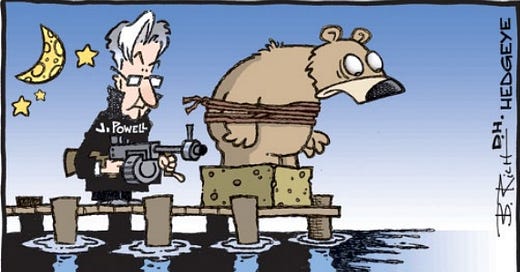“I recognize that I may be wrong...I am a very critical person who looks for defects in myself as well as in others. But, being so critical, I am also quite forgiving. I couldn't recognize my mistakes if I couldn't forgive myself. To others, being wrong is a source of shame; to me, recognizing my mistakes is a source of pride. Once we realize that imper…
© 2025 AZH1 Limited
Substack is the home for great culture


